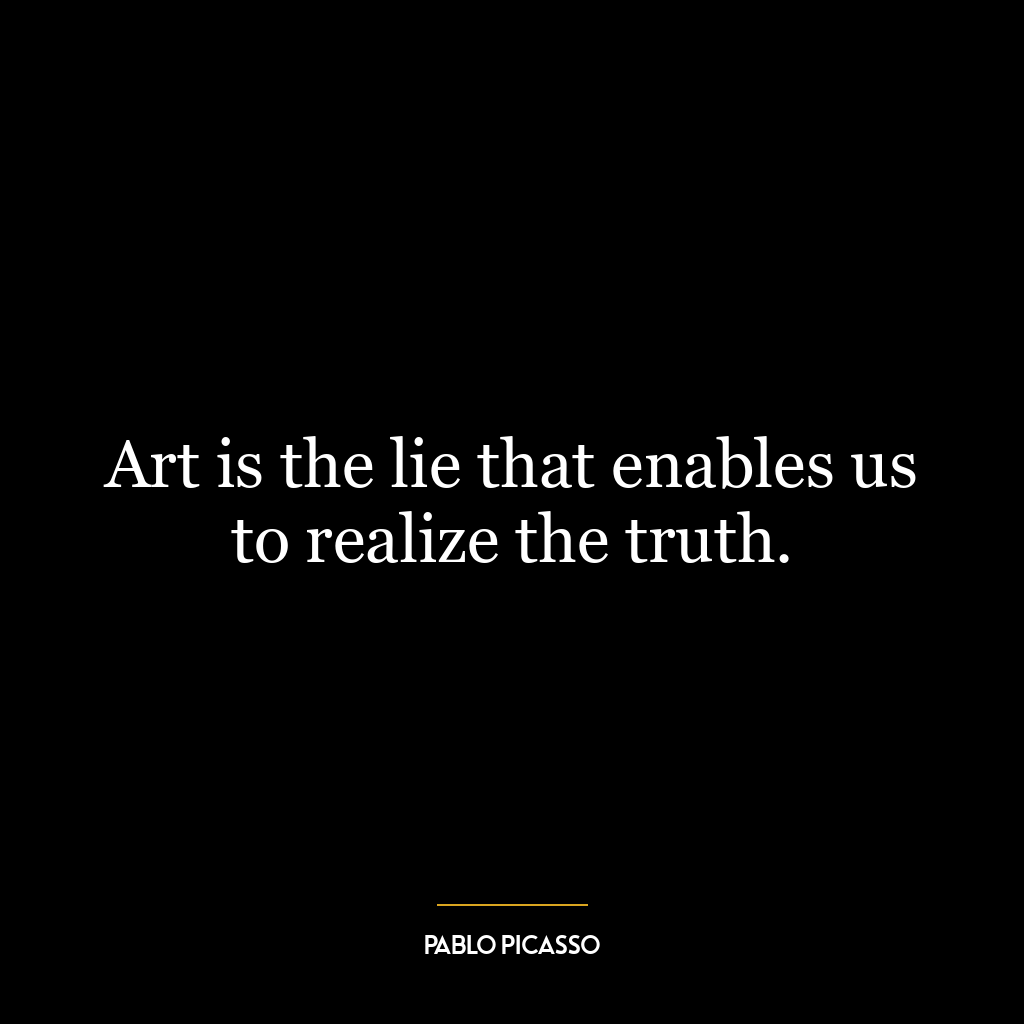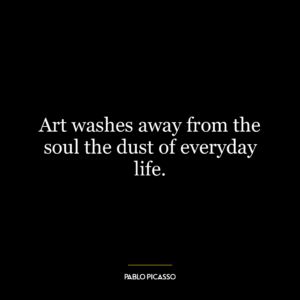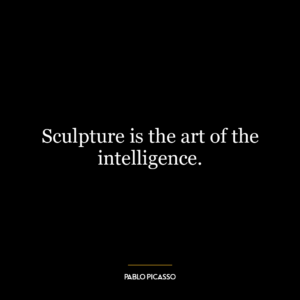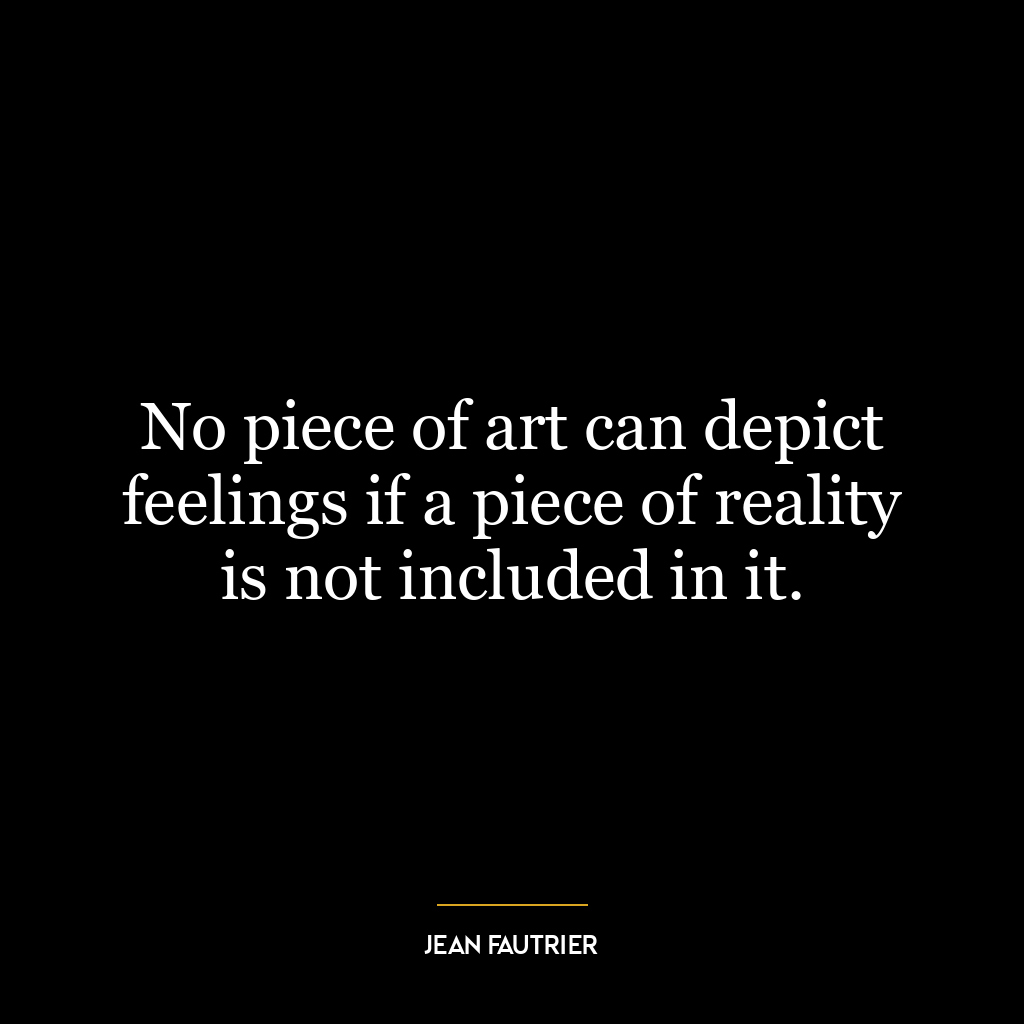“Art is the lie that enables us to realize the truth” is a profound statement that encapsulates the essence of the role of art in society and in individual lives. At its core, the quote suggests that art, although a product of human imagination and often not an exact replica of reality, provides a means through which we can understand and appreciate the truth about life and the world around us.
Art often distorts reality, exaggerates certain aspects, or presents a completely imagined scenario. In this sense, it can be seen as a “lie” because it does not always represent the tangible, factual truth. However, it is through this “lie” that artists are able to express deeper truths about human experiences, emotions, and ideas that might not be easily understood through literal representation. Art allows us to see beyond the surface, to explore different perspectives and to gain insights into complex realities that are often difficult to articulate in everyday language.
In today’s world, this concept is as relevant as ever. In the era of information overload, where ‘truth’ is often lost or distorted, art serves as a tool to navigate through the noise and chaos. It can help us understand and process complex social issues, personal feelings, and existential questions. For instance, a film or a novel about a war might not depict the factual events accurately, yet it can offer profound insights into the human experiences of fear, loss, and resilience.
In terms of personal development, embracing this idea can lead to a deeper understanding of oneself and the world. Art can be a medium for self-expression, for exploring and understanding our own emotions, experiences, and ideas. It can also be a way to connect with others, to understand different perspectives, and to cultivate empathy and openness. By appreciating the “lie” in art, we can learn to see beyond the surface, to question and to explore, and ultimately, to realize our own truths.











